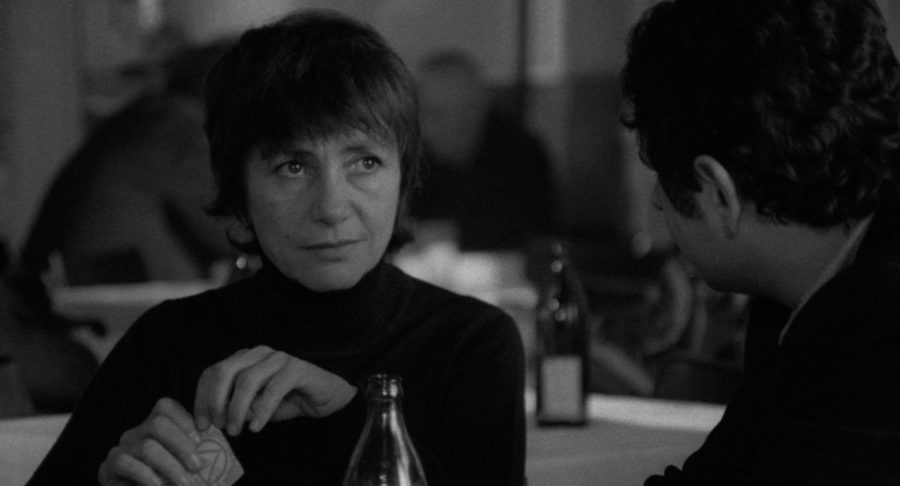Review: ‘Adoption’ examines the interiority of feminism
“Adoption” depicts the hardships of two women in Hungary in the 1970s. The film played as part of Film at Lincoln Center’s retrospective on the famed Hungarian feminist filmmaker Márta Mészáros.
Filmmaker Márta Mészáros offers a feminist outlook in her 1975 film “Adoption,” which depicts the friendship of two Hungarian women. (Image courtesy of Janus Films)
February 3, 2022
Though Márta Mészáros is known primarily for her masterful feature films, she began her career making documentaries. She was originally oriented, perhaps, toward depictions and uncoverings of truth.
Even in her narrative features, the realist urge is quite evident, emerging with particular vigor in “Adoption.” Recently featured as part of Lincoln Film Center’s Mészáros retrospective, the film focuses on the bond that emerges between Anna (Gyöngyvér Vigh) — a wandering teenager who wants to marry her boyfriend despite the objections of her family — and Kata (Katalin Berek), a middle-aged woman who wants to have a child with her married lover and becomes determined to help legally emancipate Anna so that she can marry.
“Adoption” is frequently referred to as a work of feminist cinema, but the designation carries a different meaning than that of contemporary feminist media. The film is deliberate and unwavering, the characters at once sober and tender. Both Mészáros and her characters prefer blunt realism to sentimentality, and Mészáros is candid, in the most neutral yet honest sense, in her depiction of womanhood.
“The personal is political,” a phrase so often diluted to the point of hollow symbolism, finds actual resonance in Mészáros’ films. Mészáros does not use Kata and Anna as props in a predictable story of feminist resistance; their narratives instead emphasize subjectivity and negotiation on an interpersonal level. The camera holds steady on individual faces and dwells on long conversations between Anna and Kata, allowing viewers to catch a glimpse of flickering eyes and shifts in bodies in space.
Mészáros’ feminism is site-specific, whether that site is Kata or Anna, the workplace or the home. These are not abstract settings with indiscernible locations; they are immediate spaces in the daily lives of the characters. How refreshing, especially now, to see the film’s meaning constructed not through a reactive narrative feminism which panders to audience expectations but through an intimate portrait of the relationship between two women, who throughout the film are thinking not of the totality of societal relations but of the day-to-day experiences that affect their lives.
The visual and auditory elements of “Adoption” are quite mundane. The black and white fields and factory lines of the Hungarian village, as well as the resounding quietness of the film, whose sound emerges almost exclusively from dialogue and the natural ambience from the outdoor settings, constructs a setting that returns to the domestic and the interpersonal — the whispers, glances and smiles which constitute these women.
The point is not necessarily that they are subverting anything. “Adoption” portrays the reality of womanhood’s often banal texturing of experience, as well as the assertion that banality is just as — if not more — important than narratives of difference and change. The making of a bed, the boiling of water, the brushing of one’s hair — the rituals of domesticity are on display, not to valorize or condemn, but simply as an acknowledgment of daily realities. What is feminist for Mészáros’ cinematic project is simply allowing the camera to remain on what we might otherwise ignore.
Contact Katherine Williams at [email protected].
























































































































































